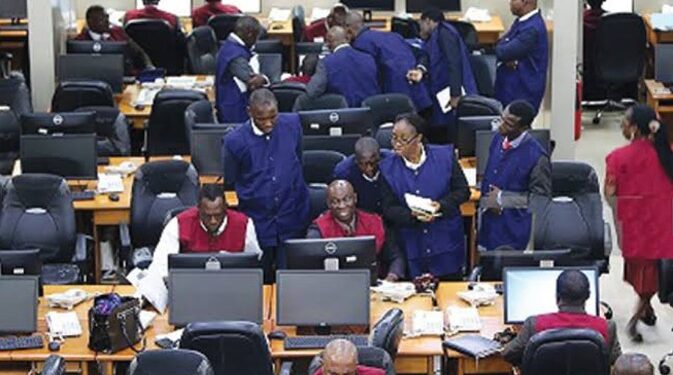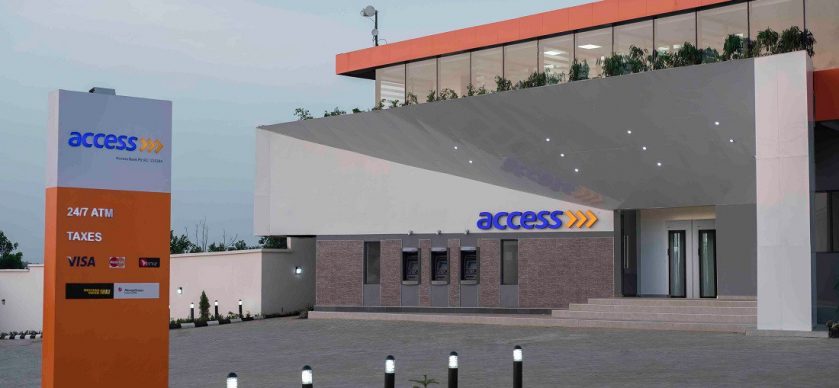Legal & Regulation
Former Accountant-General Alleges EFCC Withheld Evidence in Fraud Case

Ahmed Idris, Nigeria’s former Accountant-General of the Federation, has claimed that critical pieces of evidence were excluded from court by the Economic and Financial Crimes Commission (EFCC) during his ongoing corruption trial involving an alleged N109 billion fraud.
Appearing before Justice Yusuf Halilu at the Federal Capital Territory High Court, Idris stated that the EFCC submitted only a portion of his recorded statements, omitting at least three that he considers essential to his defense.
He testified that, in total, he provided 16 statements during the investigation, but only 13 were admitted in court. The omitted documents, he said, included discussions about government authorizations and consultations related to financial procedures under scrutiny.
“These documents outlined approvals from the Minister of Finance and involvement from key federal bodies. Their absence is concerning, especially considering they were certified,” Idris said.
The proceedings took place within the context of a trial within trial—a legal mechanism used to determine whether statements made by an accused person were obtained voluntarily and legally.
Idris further argued that the statements were recorded without his lawyer present and alleged that the content of the statements was dictated by EFCC investigators. “None of my responses were video recorded, and I did not write the cautionary parts myself,” he told the court.
He is standing trial alongside three co-defendants: Godfrey Akindele, Mohammed Usman, and Gezawa Commodity Market and Exchange Limited. They are facing charges of criminal breach of trust, diversion of public funds, and other related offenses.
All the accused have pleaded not guilty. The court has adjourned further hearings until July 17, when the EFCC is expected to cross-examine the former official.
The case, which began in 2022, has seen several procedural delays. A previous allegation by Idris’s legal team claiming coercion during interrogation led the court to pause the main trial in favor of this evidentiary review.



